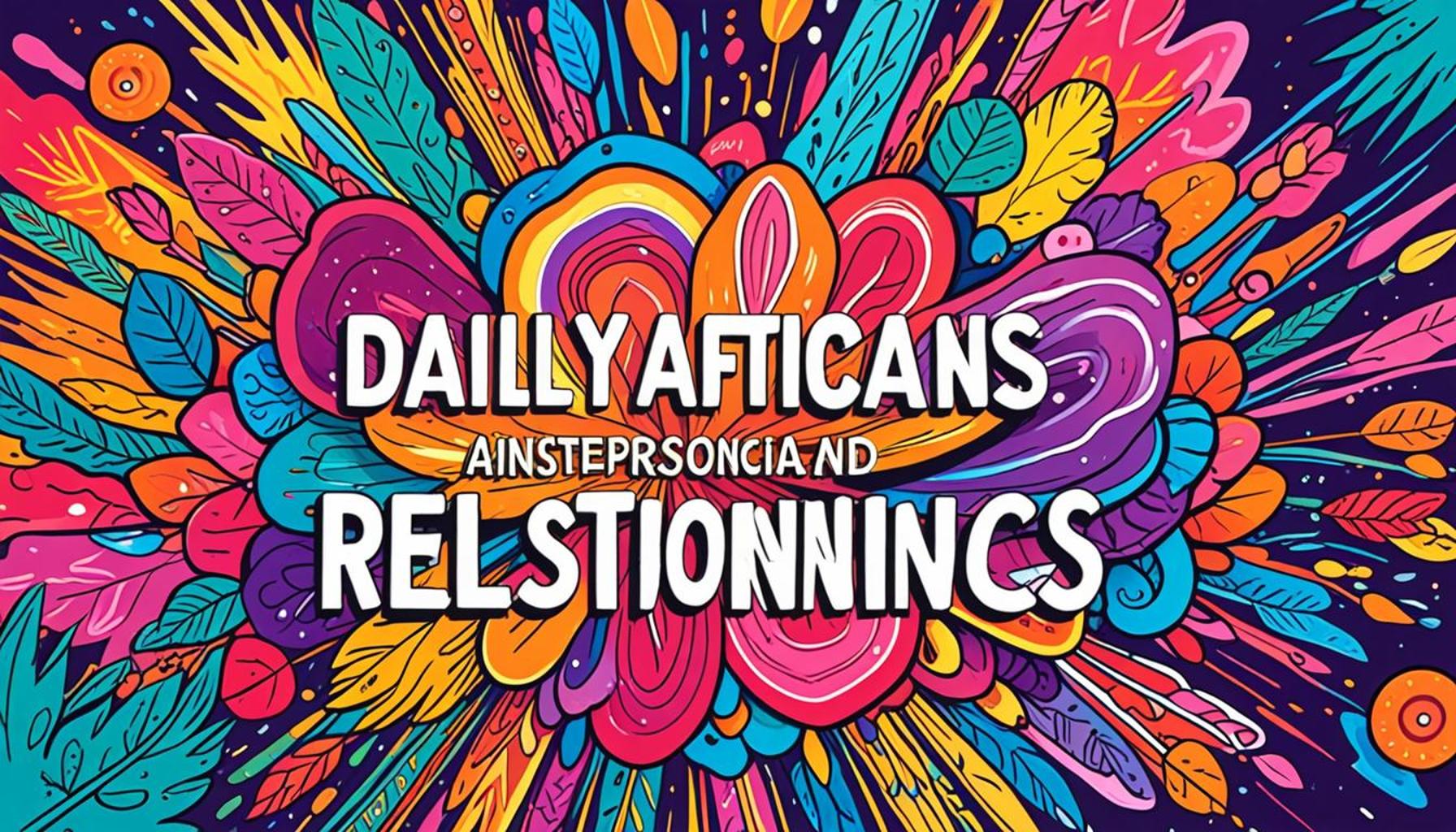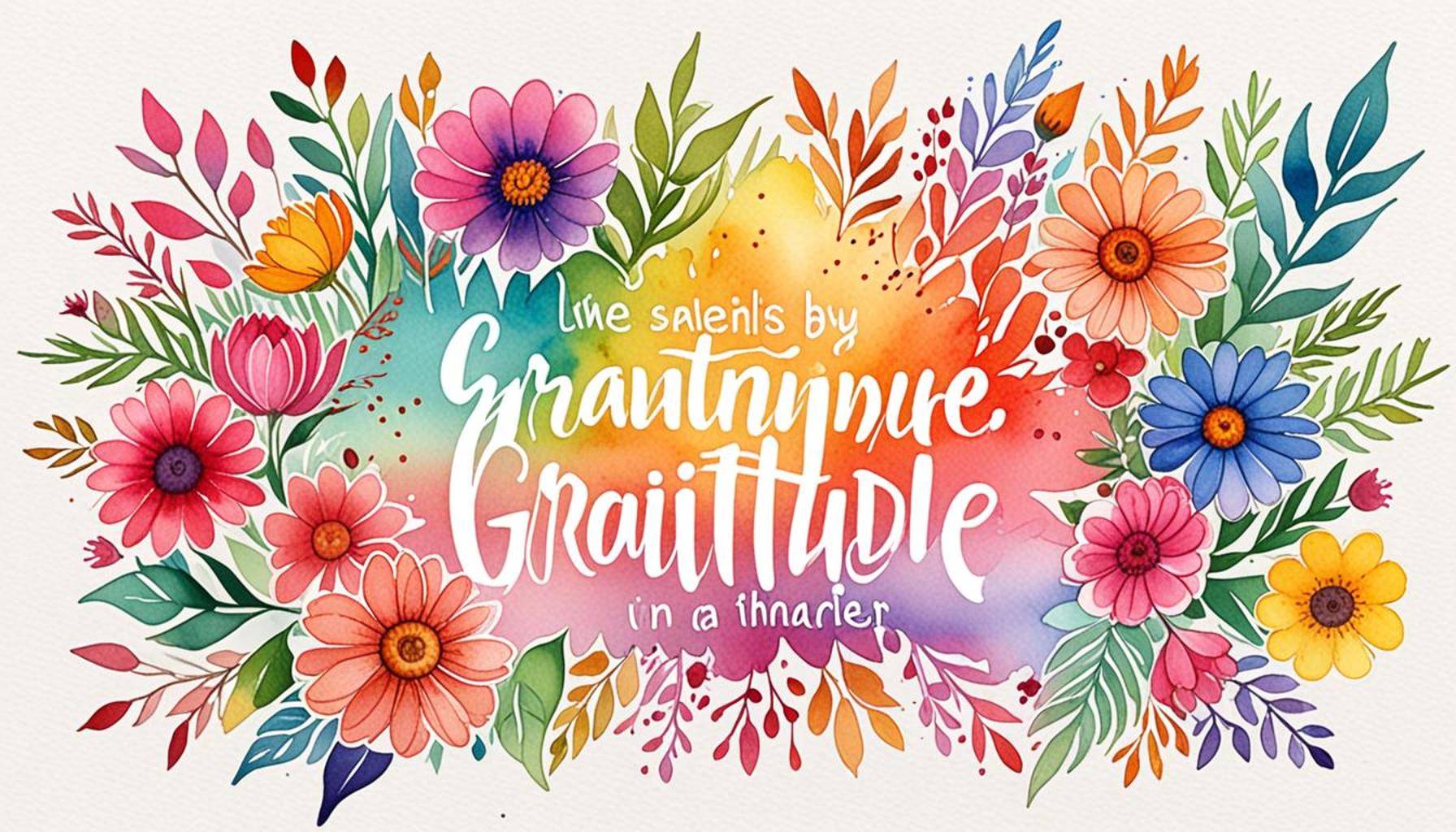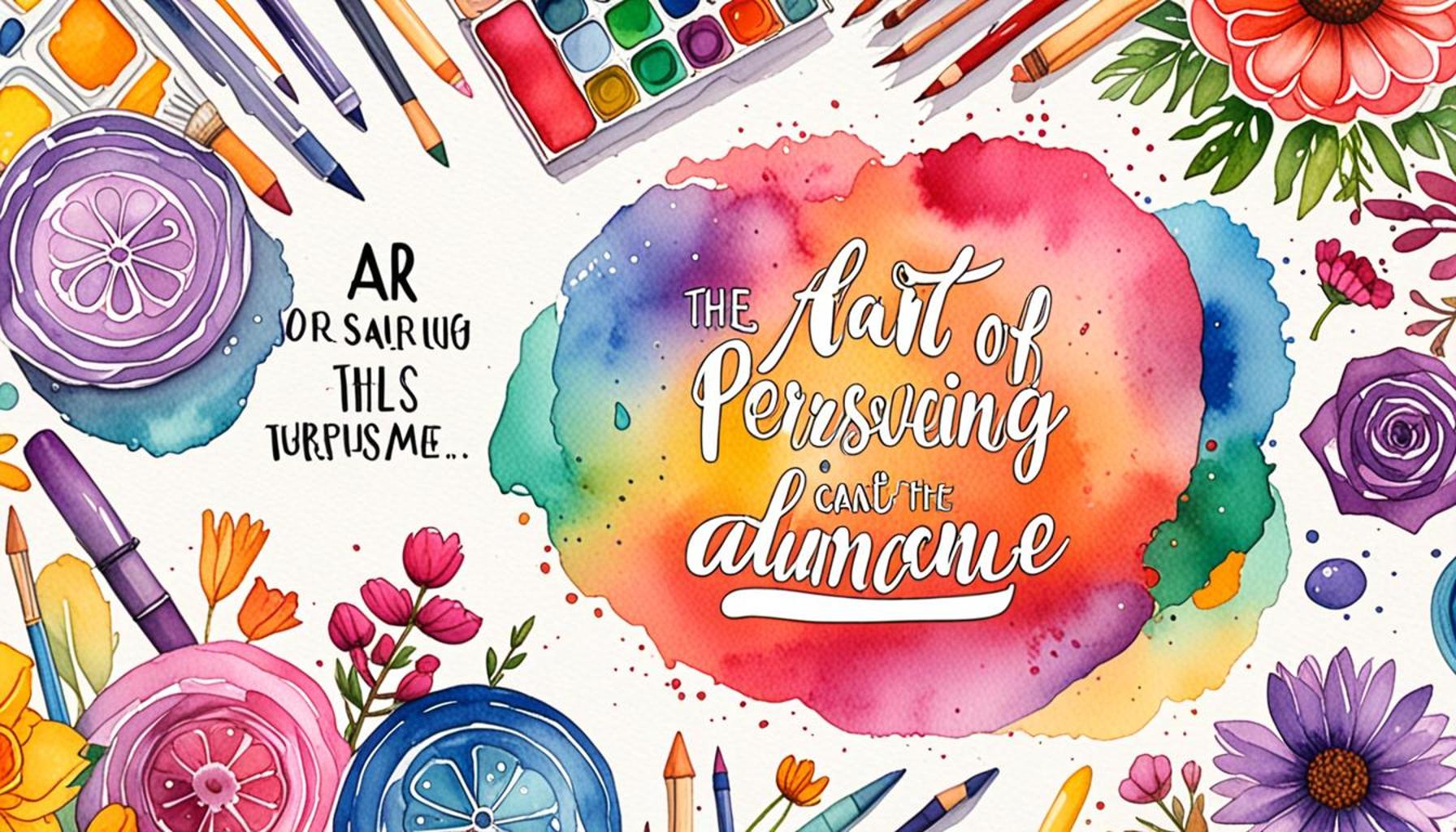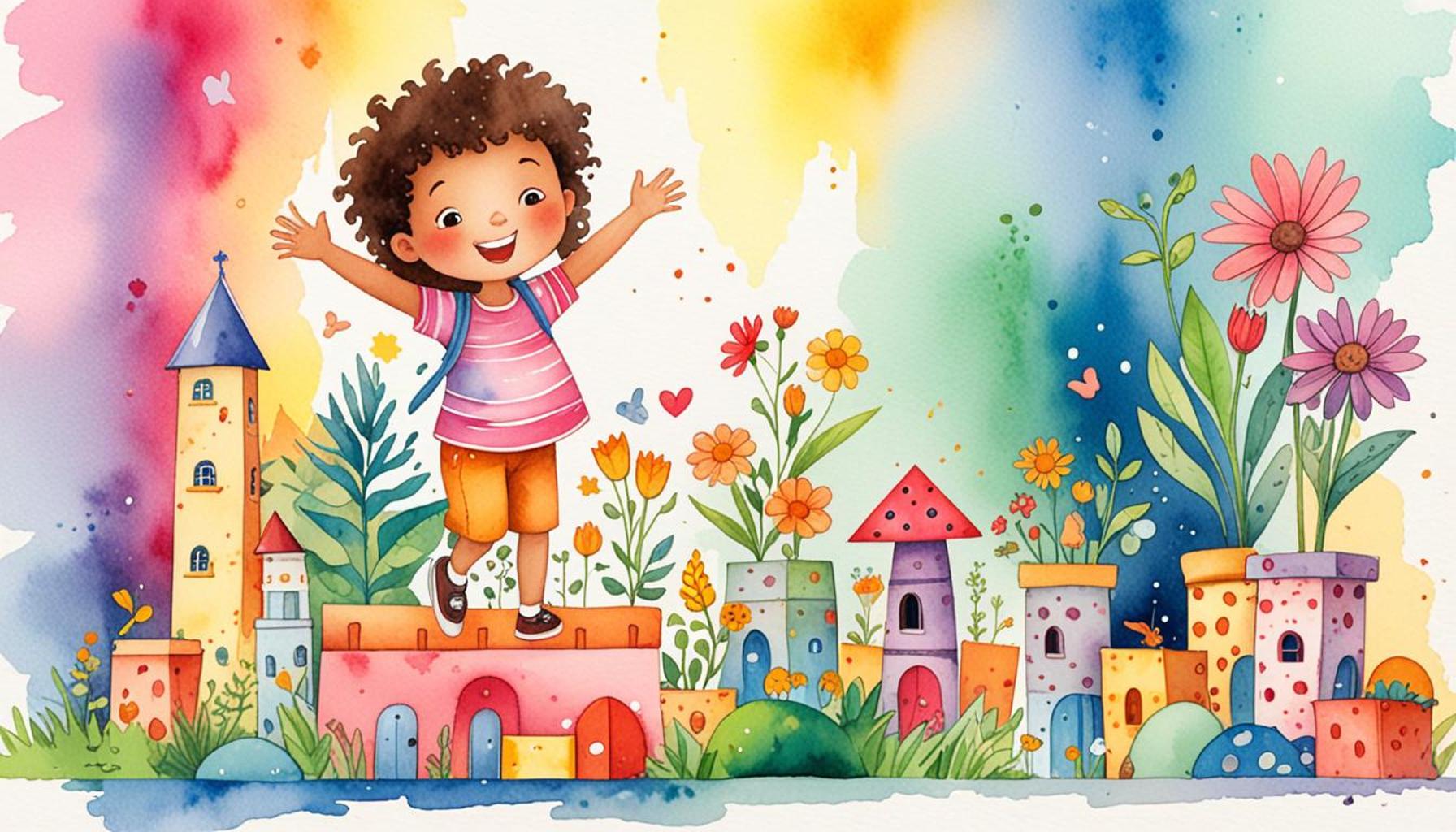Daily Affirmations and Resilience in Interpersonal Relationships: Strengthening Connections During Challenges

The Power of Words in Strengthening Relationships
In today’s fast-paced and often tumultuous world, the significance of daily affirmations becomes increasingly apparent, especially when it comes to nurturing our interpersonal relationships. These affirmations are not mere phrases; they are profound expressions that can uplift and motivate individuals to remain optimistic amidst adversity. The value of these positive statements stretches far beyond individual benefit, as they play a pivotal role in creating cohesive and resilient bonds among families, friends, and communities.
When examining the various facets of daily affirmations, a few key elements stand out:
- Encouragement: Simple affirmations such as “You are doing great” or “I believe in you” can have a profound impact on a loved one’s morale. For instance, a mother reminding her child of their talents and abilities before an important exam can help alleviate anxiety and foster confidence.
- Understanding: Affirmations allow individuals to share their feelings and experiences, promoting empathy within relationships. Phrases like “I understand what you are feeling” or “Your feelings are valid” can help partners in a relationship connect more deeply during times of stress.
- Supportiveness: By regularly expressing affirmations, individuals create a strong support system, essential for weathering the storms of life. For example, a friend who consistently checks in and offers words of encouragement during tough times can significantly bolster one’s resilience.
In the context of Nigeria, where communal values are deeply ingrained in society, the role of resilience in interpersonal relationships becomes vital. The act of affirming one another can significantly diminish feelings of isolation and misunderstanding, allowing for a greater sense of solidarity. Whether it is through a call to a friend, a heartfelt message on social media, or spoken words at family gatherings, these affirmations help articulate love, recognition, and commitment. For instance, during communal events like weddings or festivals, shared affirmations can enhance bonds among members of the community, tightly weaving the fabric of relationships.
Furthermore, as we navigate life’s unavoidable challenges, adopting a routine of affirmations can yield significant benefits. Establishing a daily practice of sending affirmations not only cultivates a positive mindset but also strengthens the ties that bind us. Practical ways to incorporate affirmations into daily life can include journaling, setting reminders to express appreciation, or even engaging in shared group activities that focus on positivity.
Join us in exploring the myriad ways affirmations can enrich our lives and enhance the relationships that matter most, ultimately fostering a culture of resilience and understanding within our communities. Let the power of words become a beacon of hope and strength in our connections with each other.

ADDITIONAL INSIGHTS: Expand your understanding here
Building Trust Through Daily Affirmations
Trust, the cornerstone of any resilient interpersonal relationship, can be significantly bolstered through the practice of daily affirmations. When individuals consistently affirm each other’s strengths and contributions, they create an atmosphere where vulnerability is embraced, allowing for more profound connections. This is particularly relevant in Nigeria, where diverse backgrounds and experiences shape interactions. Affirmations serve as a bridge, connecting individuals across cultural divides, enhancing communication, and fostering a stronger sense of community.
The impact of affirmations extends far beyond words. They can instigate a positive feedback loop where encouragement leads to greater trust, fostering an environment where individuals feel safe to express their fears, aspirations, and disappointments. Research indicates that expressions of affirmation can lower stress levels and increase emotional regulation, which is essential during turbulent times. The power of these affirmations is particularly pronounced in relationships strained by challenges, such as financial instability, health crises, or personal conflicts.
Consider the following ways daily affirmations can enhance trust and resilience in interpersonal relationships:
- Regular Check-ins: Simple phrases like “I appreciate you” or “You matter to me” can create a habit of affirmation, reinforcing mutual respect and understanding.
- Active Listening: Affirmative statements that reflect understanding, such as “I hear you” or “That sounds challenging,” encourage open dialogue and contribute to emotional safety.
- Celebrating Small Wins: Recognizing and voicing appreciation for small achievements nurtures positivity in relationships, allowing individuals to share joy even amidst hardship.
In Nigeria’s bustling communities, where everyday life can be daunting, the role of affirmations is vital. Sharing words of encouragement within families and among friends reminds individuals that they are not alone in their struggles. For instance, during a period of economic hardship, families that practice affirmations may find it easier to cope together, creating a resilient support system. The communal tradition of gathering to pray or share uplifting stories can also be seen as a form of affirmation that binds people together during tough times.
Moreover, the use of technology can amplify the impact of affirmations. Sending text messages filled with motivational quotes or uplifting reminders can reinforce positivity throughout the day, helping to maintain strong connections. Moreover, creating group chats centered around sharing daily affirmations can cultivate a culture of encouragement and support, especially among peers and colleagues navigating similar challenges.
Ultimately, the strength built through daily affirmations can provide the foundation needed to weather life’s storms. By fostering a culture where affirmations are embraced and exchanged, individuals can deepen their relationships, creating a resilient network that thrives on mutual support and understanding.
Incorporating daily affirmations into interpersonal relationships can profoundly impact how individuals navigate challenges. By regularly expressing positive affirmations, people can foster a culture of emotional support and understanding within their relationships. This practice not only reinforces a sense of connection but also equips individuals with the mental resilience needed to face life’s hurdles, especially during tough times.
Research indicates that partners who engage in affirmations tend to exhibit stronger communication skills and greater conflict resolution abilities. Rather than letting minor disagreements escalate, they are likely to adopt a more constructive approach, emphasizing empathy, understanding, and collaboration. Such resilience is essential in maintaining harmony, especially during moments of stress.
Furthermore, the power of affirmations extends beyond verbal expressions; it is also about actions and behaviors that reinforce those words. For instance, actively listening and validating each other’s feelings can amplify the effects of daily affirmations. By creating an environment where both parties feel valued, relationships can withstand external pressures and foster growth.
As couples implement these practices, they may notice a shift in their dynamics, leading to deeper intimacy and trust. Ultimately, this approach not only strengthens the bond but also inspires individuals to face future challenges with confidence. Engaging in daily affirmations can be transformative, empowering individuals to express appreciation and encouragement even in the most turbulent times.
| Category | Key Features |
|---|---|
| Emotional Support | Daily affirmations foster a nurturing atmosphere. |
| Communication Enhancement | Improved conflict resolution and empathy in communication. |
In summary, the integration of daily affirmations in interpersonal relationships serves as a powerful tool to enhance bonds, paving the way for increased resilience and better handling of relationships amid challenges. Couples who employ this practice often report feeling more connected and equipped to face challenges together, resulting in a much stronger partnership.
YOU MAY ALSO LIKE: Read read another article
Cultivating Emotional Intelligence Through Affirmations
Emotional intelligence, or the ability to recognize, understand, and manage our own emotions while also empathetically engaging with the emotions of others, plays a pivotal role in fostering resilient interpersonal relationships. Daily affirmations act as a catalyst for developing this essential skill, providing individuals with the tools needed to navigate complex emotional landscapes. In Nigerian socio-cultural contexts, where communal living and relationships are paramount, honing emotional intelligence through affirmations can significantly transform how individuals interact and support one another during challenging times.
The practice of daily affirmations not only strengthens the bond between individuals but also encourages self-awareness and emotional regulation. By frequently acknowledging one’s feelings, as well as those of others, individuals become more adept at identifying triggers, managing stress, and responding to conflicts. For example, an affirmation such as “I am learning to manage my anger” not only promotes self-reflection but also fosters openness about emotions, encouraging others to share their feelings without fear of judgment or retribution.
Here are some impactful strategies for integrating emotional intelligence into daily interactions through affirmations:
- Empathetic Expressions: Phrases like “I understand how you feel” or “Your feelings are valid” can cultivate a safe space for open communication, reinforcing mutual respect.
- Reflective Dialogues: Encourage discussions that mirror emotions, such as “It sounds like you’re experiencing a lot of stress; do you want to talk about it?” This demonstrates active listening and concern, deepening connections.
- Affirming Support: Statements like “I’m here for you, no matter what” can reinforce the idea that individuals will provide unwavering support during hardships, fortifying relationships.
In Nigeria’s vibrant culture, where community gatherings are common, the use of affirmations can transform these social interactions, leading to enhanced emotional bonding. For instance, during traditional ceremonies, families and friends often express gratitude and pride in one another. This communal practice not only reinforces individual self-worth but also fortifies the community as a whole against adversities. Such gatherings provide an ideal platform for affirmations that celebrate individual contributions, offering a robust support network.
Furthermore, the advent of social media presents a unique opportunity for individuals to share affirmations with a wider audience. Motivational posts or supportive comments can spread positivity and resilience, transforming digital spaces into platforms for collective encouragement. By leveraging hashtags like #DailyAffirmation, community members can connect through shared experiences and uplift one another’s spirits, showcasing the unifying power of affirmations.
As individuals practice and exchange affirmations, they begin to engage in a transformative journey of self-discovery and empathy. This dynamic process not only strengthens personal relationships but enhances community cohesion, leading to a supportive environment capable of weathering challenges. In navigating Nigeria’s multifaceted social landscape, daily affirmations serve as powerful tools that empower individuals to nurture their emotional well-being while reinforcing the resilience of their interpersonal connections.
CHECK OUT: Click here to explore more
Conclusion: Empowering Connections Through Affirmations
In conclusion, the integration of daily affirmations into interpersonal relationships offers a profound way to foster resilience amidst challenges. As we have explored, affirmations serve not only as a means of self-empowerment but also as a bridge to deeper emotional connections with others. By cultivating emotional intelligence, individuals become more adept at navigating the complexities of their relationships, encouraging openness, empathy, and mutual respect. This practice is especially relevant in Nigerian culture, where community and familial ties play a fundamental role in navigating life’s trials.
Moreover, the use of affirmations can transform interactions, whether during communal celebrations or quiet moments of support. Such expressions of affirmation create an atmosphere where individuals feel validated and cherished, ultimately deepening their bonds. These connections act as safety nets, empowering communities to confront and overcome obstacles together.
As we move forward in an increasingly challenging world, it becomes imperative to prioritize emotional well-being and interpersonal resilience. Engaging in daily affirmations can significantly enhance the landscape of our relationships, promoting both individual growth and communal strength. By adopting this powerful practice, we invite a cycle of positivity and support that not only uplifts ourselves but also those around us. As a society, let us embrace the transformative power of daily affirmations to build resilient interpersonal relationships and create a more connected and compassionate community.


